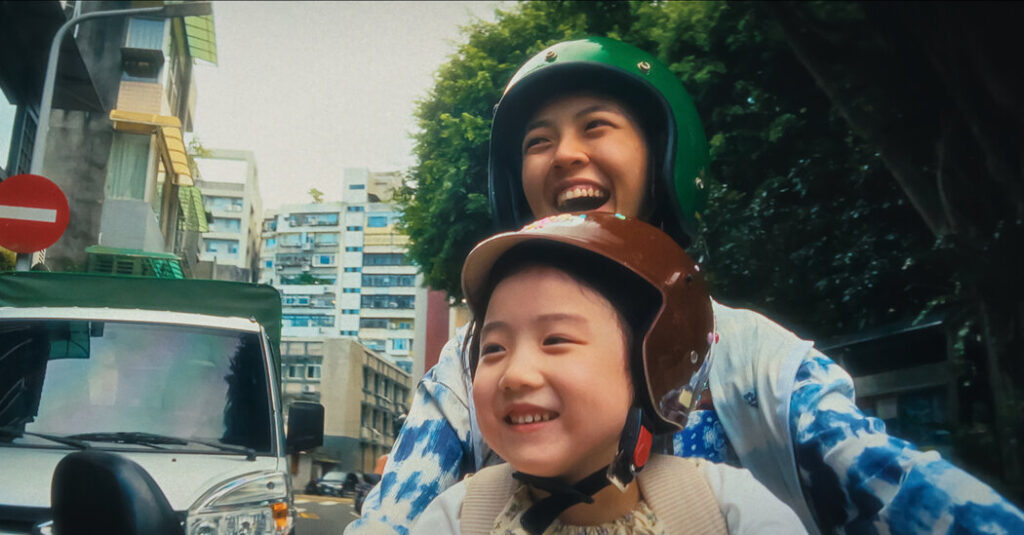The drama “Left-Handed Girl,” from the director Shih-Ching Tsou, follows a mother of two daughters — an angsty high school dropout and an impressionable five-year-old — trying to make ends meet by opening a ramen stall in a night market in Taipei, Taiwan. But what begins as a delicately observed story of social struggle comes to overflow with matrilineal turmoil that unsettle the film’s careful rhythms.
The story opens with the mother and her daughters moving to the new city. Shu-Fen (Janel Tsai) is hopeful about her noodle shop, but she finds her financial pressures mounting once she becomes saddled with her ex’s medical bills. Tsou pairs scenes of Shu-Fen’s stress with moody shots of I-Ann (Shih-Yuan Ma), her irascible elder daughter, working at a betel nut stand and riding through the busy streets on a motorbike. Their adult affairs often leave the resourceful child I-Jing (Nina Ye) alone to wander the market aisles, occasionally shoplifting trinkets with her favored left hand — which, her superstitious grandfather convinces her during a visit, is steered by the devil.
Expressive visuals and evocative scenes, including one involving an overactive meerkat, make “Left-Handed Girl” a memorable family affair. It’s only when the film introduces one too many social realist tropes, like an unplanned pregnancy, that the melodrama grows unwieldy. But Tsou, a longtime collaborator of the Oscar-winning “Anora” director Sean Baker (who is credited as a co-writer and editor), wields the camera with assurance, and her filmmaking jolts Taipei to life with electric energy.
Left-Handed Girl Rated R. In Mandarin, with subtitles. Running time: 1 hour 48 minutes. Watch on Netflix.
The post ‘Left-Handed Girl’ Review: An Electric Portrait of Taipei appeared first on New York Times.




